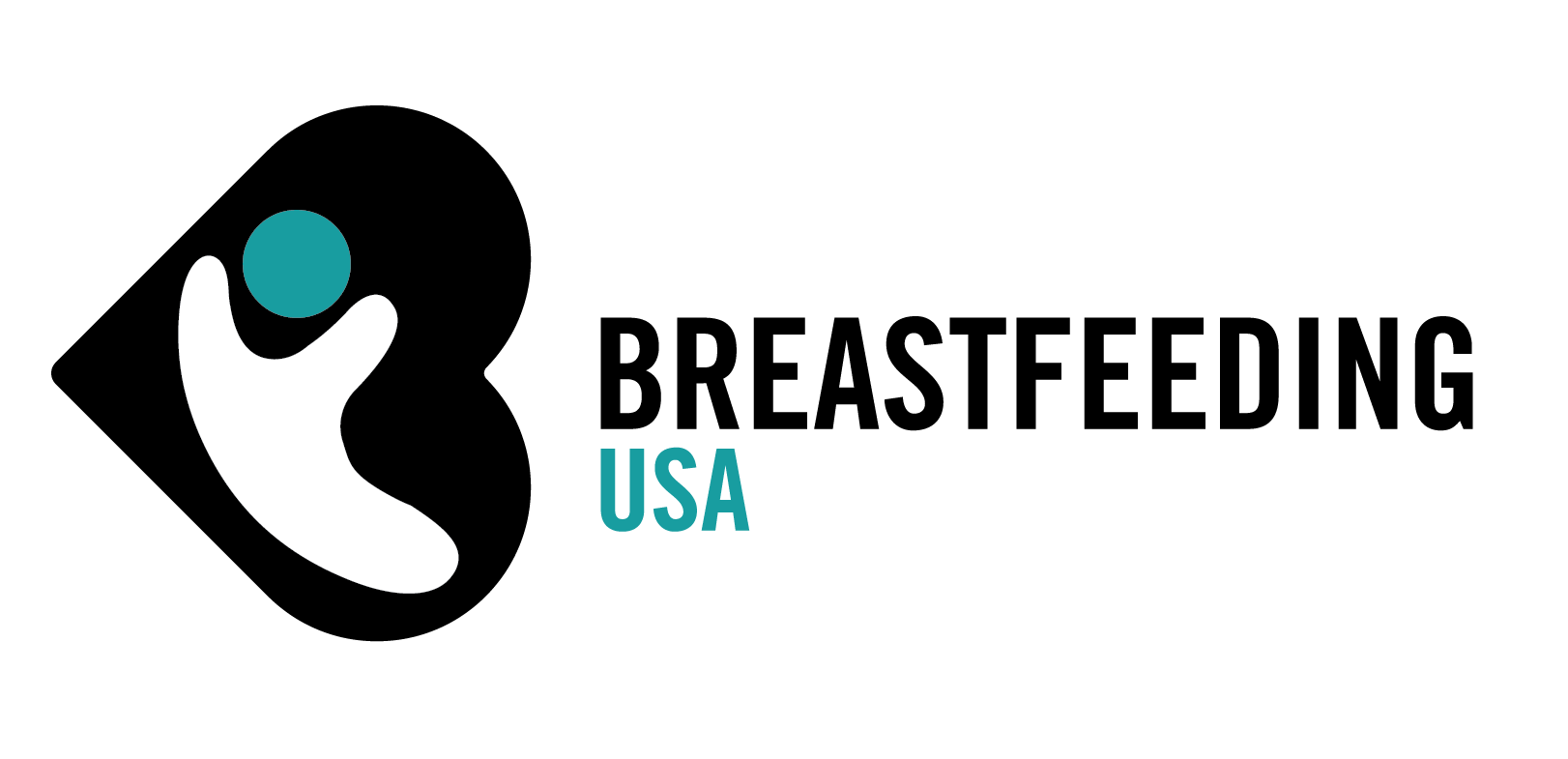By Jacqueline Levine, LCCE, FACCE, CD(DONA), CLC

All babies sleep a lot in the first days and weeks of life. Some babies certainly are sleepier than others, so how will you know if your baby is too sleepy? And what does “too sleepy” mean?
When you gave birth, there were probably health-care providers around you to help you make sure that your baby woke up often enough to get the milk he needed. Once you are on your own, you may not have anyone around who can help you know whether your baby is feeding well. Because every baby is different, sometimes even experienced mothers cannot always identify a baby who may need some help to feed often enough.
Normal Infant Behavior
First let’s take a brief look at newborns and their sleep patterns, which of course, vary from baby to baby. Newborn sleep has been studied and described for many years. Newborns move through several states: deep sleep, light sleep, a drowsy time, a quiet awake state, an active awake state, and, of course, crying is a “state” as well.1
Most newborns will sleep somewhere between 14 and 18 hours a day in the first weeks, waking frequently to nurse. There really aren’t regular patterns in the life of a new baby. Some babies will wake more frequently than others, with perhaps one longer sleep period. Some will sleep longer between wakings for part of the day, then wake more often to “cluster-feed.” That means that they may nurse several times in a row, even though only a half-hour or an hour has gone by. They may take little naps between those frequent feedings. There is no schedule, no predicting how often a baby will nurse, or how long each sleep period will be. Don’t be surprised if your baby has a longer sleep time of four to five hours every day, or from time to time. That’s also a normal part of an unpredictable schedule. Even a baby’s personality will affect eating and sleeping behavior. There are relaxed, slow feeders who take their fine time, and those who eat quickly and go back to sleep.
Does Your Baby Need to Breastfeed More?
So is your baby too sleepy? Most newborns need to nurse 8-to-12 times a day. (Even 14 or more is not unusual.) Some babies nurse less or more frequently than that, but frequent nursing is needed to establish and maintain your milk supply. 2 If your baby nurses fewer than eight times per day total, that may mean she is too sleepy and needs some helpful stimulation to nurse.
That number of 8-to-12 times a day is a good guide. And new mothers do need to know how to recognize their baby’s early feeding cues, such as any movements (including eye fluttering), hand-to-mouth, and rooting (head turning from side to side with an open mouth). Mothers also need to be aware of techniques they can use to help a sleepy baby feed more often. Your baby may be struggling with the effects of labor medication, a difficult birth, or may be just a little immature.
“Talk, stroke, and woo”3 your baby, says British author Sheila Kitzinger, to bring him closer to wakefulness. That may indeed be a natural and delightful thing for a mother to do. And here’s a list of other tips that have worked for many a mother:
- Lie back with comfortable support, open your shirt in front, and open your baby’s clothing as well. Put your sleeping baby on your chest, front to front, talk to him, and let your baby rouse and find your breast as he moves from deep to light sleep. Even though he’s sleeping, your baby can nurse effectively.4 Keep your baby lying tummy down on your body as much as possible, as that triggers his inborn feeding reflexes more often. That position, whether in skin-to-skin contact or lightly dressed, helps both of you get ready.
- Dim the lights or draw the shades so that she can open her eyes.
- Massage his body or feet, and talk to him.
- Hold her up vertically face to face and talk…let her hear your voice in that position.
- Hand express some colostrum or milk onto his lips to stimulate suckling.
- Put your newborn on his back on a flat surface, and very gently and slowly roll him from left side to right side a few times in a row.
- Undress your baby a bit. You may have him dressed too warmly.
Even if your baby was wrapped up and “swaddled” in the hospital, it may be better for your baby not to be wrapped up to sleep. Wrapping him can stop his normal responses to nursing and keep him from having access to his own hands and the freedom to move his little body around as he feels like doing. Think about what it might feel like being wrapped up tightly when you needed to move about. It really wouldn’t be too comfortable, but while you could say something about your discomfort, your baby can’t tell you. Light clothing in layers…just one layer more than you are wearing, is a perfect way for him to sleep. And remember to spend time skin to skin with your baby to help his little growing brain mature.
Sometimes you may try to stimulate your baby to feed, but find he is in a deep sleep and unresponsive. He may be so totally relaxed that you can pick up his arm, let go, and it just drops. If that is the case, you may want to wait until his sleep state changes. In 20 minutes or so, try the stimulation techniques again, since newborns move in and out of deep sleep more often than adults. You may be able to rouse him more easily after some time has passed.5 He may be ready to eat the next time you try. You will learn how to stimulate your baby, as you watch him and learn more about him. As he matures, he will wake to nurse on his own unique schedule. You will find that once your sleepy baby takes a few good mouthfuls of your milk, she will become interested in getting more of that lovely, tasty stuff.
If, however, you have continuing concerns about getting your baby to feed, consider reviewing the signs that tell you that your baby is getting enough to eat. He should be having four yellow, seedy poopy diapers by Day 4 and your breasts should feel noticeably fuller.6 Your newborn should seem to be comfortable at your breast, relaxing body and hands as the feeding progresses, and let go of the breast by herself after a feed. If your baby is gaining an average of an ounce a day or more, he is doing well. Your care provider can reassure you that your baby is indeed getting a good amount of milk if his weight gain is within the normal range. If these signs are not there, no matter how long or briefly your baby sleeps, quickly get help from a board-certified lactation consultant or your health-care provider. An underfed or dehydrated baby can be very sleepy and not nurse well even when he wakes often.
Each baby is unique. While some mothers worry that their baby isn’t sleeping regularly enough during the early weeks and months, you may have concerns that your baby is too sleepy. Experience has shown, however, that most babies develop more of an established sleep pattern after the newborn period. Enjoy this special time with your baby.
References
1 Brazelton, T.B., & Nugent, J.K. (1995). Neonatal behavioral assessment scale. London, UK: MacKeith Press.
2 Mohrbacher, N. & Kendall-Tackett, K. (2010). Breastfeeding Made Simple: Seven Natural Laws for Nursing Mothers. Oakland, CA: New Harbinger Publications.
3 Kitzinger, S. (1989). Breastfeeding Your Baby, New York: Alfred A Knopf.
4 Colson, S., DeRooy, L., Hawdon, J. (2003). Biological Nurturing increases duration of breastfeeding for a vulnerable cohort. MIDIRS Midwifery Digest 13(1), 92-97.
5 Richardson, H.L., Walker, A.M. & Horne, R. S.C. (2010). Stimulus type does not affect infant arousal response patterns. Journal of Sleep Research, 19, 111-115.
6 Nommsen-Rivers, L. A., Heinig, M. J., Cohen, R. J., & Dewey, K. G. (2008). Newborn wet and soiled diaper counts and timing of onset of lactation as indicators of breastfeeding inadequacy. J Hum Lact, 24(1), 27-33.
Jacqueline Levine, LCCE, FACCE, CD(DONA), CLC
© Copyright Breastfeeding USA 2012. All rights are reserved. No part of this article may be reproduced, copied, modified or adapted, without the prior written consent of Breastfeeding USA and the author.
